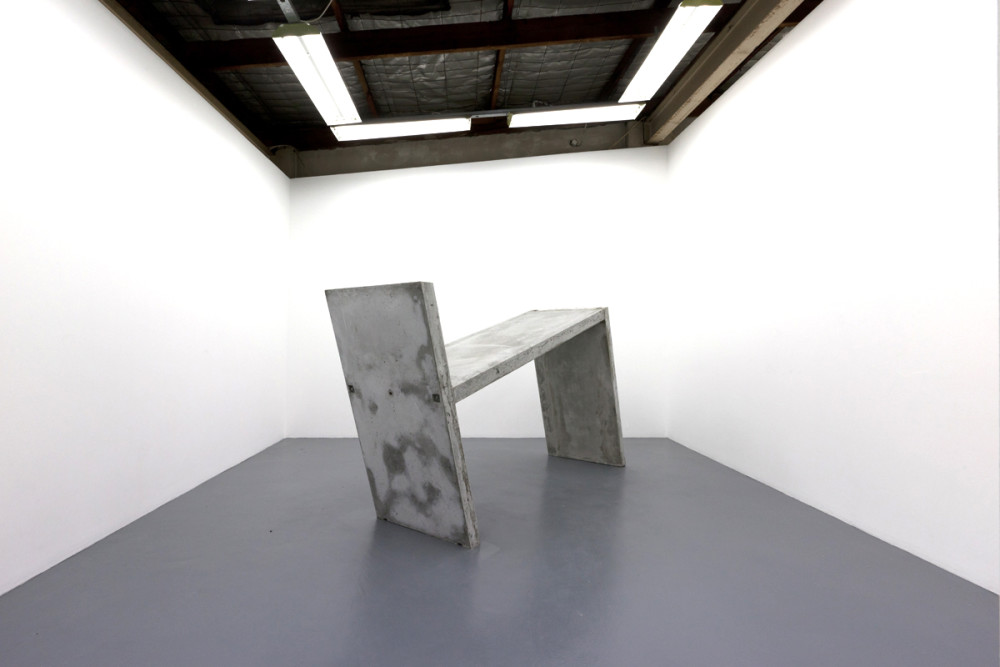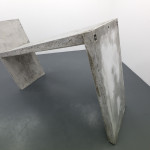改善
Kaizen,
‘Change for better’.
Small,
Seemingly insignificant,
Never-ending improvement.
Following Emperor Hirohito’s surrender to allied forces at the end of the Second World War, American forces, led by General Douglas Macarthur, occupied Japan. Unlike many other instances of US occupation this project was and is generally regarded as successful, transforming the country into a stable democratic state and sowing the seeds for muscular economic expansion in the decades that followed. This economic success was driven primarily by the manufacturing industry. In 1947, at Macarthur’s behest, the engineer William Edwards Deming was brought in to train the leaders of Japanese industry in contemporary American ‘total quality management techniques.
Japanese firms such as Toyota implemented Deming’s techniques and quickly achieved previously unheard of levels of quality across all elements of their production lines. Rather than just being treated as a set of management improvement strategies, Deming’s techniques were developed into an all-permeating business and production philosophy. As the basis of this philosophy each worker, from the CEO to the cleaning staff, constantly seeks ways of eliminating waste and improving every aspect of their job and its product. These small, often daily changes, occurring company wide and sustained over time, result in large improvements to quality and productivity. This improvement is achieved organically, without the bruising disruptions of command-and-control style, management-led interventions and restructures.
M.Y.15
Sach Catts
17/4 – 3/5/15












